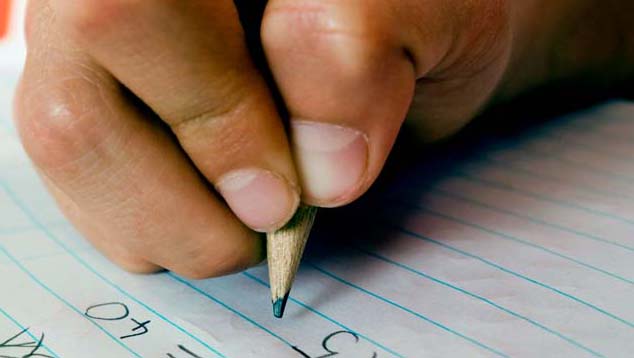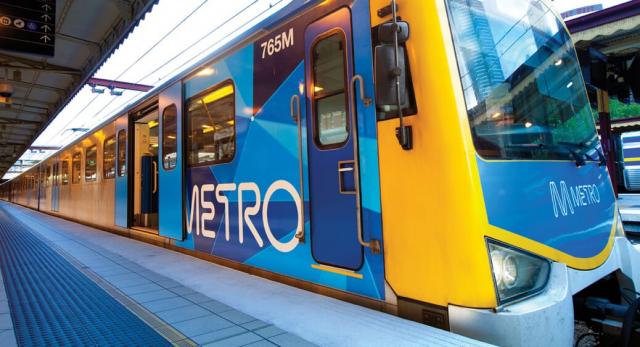Your summaries and study notes should be done by now. Your timetable is set.
But just in case any one of the 82,886 students sitting a written VCE exam over the coming three weeks is in need of guidance, The Age has you covered, with help from a handful of teachers and study co-ordinators from Victorian high schools.
First, before any exam, do as many practice papers as possible and look for patterns in the assessor reports from previous years. These will explain the deficiencies of past years, which are areas to target for this year. Do the first few practice exams open book and open ended, and then do the last two closed book and keeping to time.
Working in groups can be an excellent way to learn the material from peers who may have different strengths to your own. If you’re the strong student, explaining what you know to other people and having to substantiate what you’re saying is a great way of continuing to master the subject matter. Overall, however, it is best to limit your social activity. Study buddies are useful, but they must not be a distraction.
Use all your additional resources. Submit essays to your teachers, or past exams you have done that you would like them to correct. But do not waste too much time going to school and waiting around – email for an appointment with any teacher and have a specific roadblock to discuss.
On the day of any exam, come to school early and use a checklist to ensure you are prepared with all your materials. Spend time with friends who are experiencing the same thing, so you can support one another, but be careful. Sometimes the naysayers who believe they are about to fail can send those around them into a mad panic. (At the opposite end of the spectrum, you don’t need to be deflated by talking to the class brain.)
Many people say drink water immediately before the exam, to stay hydrated through the tests that can last up to three hours and 15 minutes. But we say weigh up the likelihood of needing a drink with the cost of going to the toilet. (A seven-minute break could be a waste of valuable time.)
When you sit down, use your 15 minutes of reading time wisely. You should be looking at where the most marks are allocated and planning your assault on each section – not staring off into space. And when you finally start writing, remember to breathe and keep an eye on the clock. Time is one of the things that will separate the A+s from the As. So don’t stall, or drift, or daydream or lag. Put pen to paper and let your knowledge do the work. Good luck!
ONE WEEK BEFORE
“Stick to a routine. Start studying each day at the time you would normally go to school, and don’t expect to work and study all day and night. Reward yourself for good study by taking breaks. That may mean playing a game of tennis in the middle of the day, or going to movie. Pat yourself on the back from time to time.”
– David Steele, deputy head of the St Kilda Road campus of Wesley College and VCE specialist mathematics teacher
THE DAY BEFORE
“If you have a morning exam, do no work the night before. You should be ready by then. Do some exercise and relax, but stay occupied. I’m of the view that you can reach a point where if you discover something you don’t know – even when you know 99 per cent of the rest of the material – it can undermine confidence.”
– Gary Velleman, vice principal and head of senior school at Bialik College and VCE further mathematics teacher
DURING THE EXAM
“Use reading time by going over the questions, but also make sure that the photocopier didn’t miss a page or anything like that. Count the questions to make sure they’re all there. We have had cases where two pages were stuck together, and you miss a lot of marks if you miss a full two pages of questions.”
– Simon Schorback, year 12 team leader at Point Cook Senior Secondary College and VCE biology teacher
AFTER THE EXAM
“Coming out and talking about the exam is a natural thing to do. Because English is the first big written examination, I think it’s really important that [students] remain optimistic and positive and buoyant. Be a bit congratulatory or celebratory almost. The tone is important, so that the momentum keeps going.”
– Gary Jones, director of studies at St Kevin’s College in Toorak and VCE English teacher







